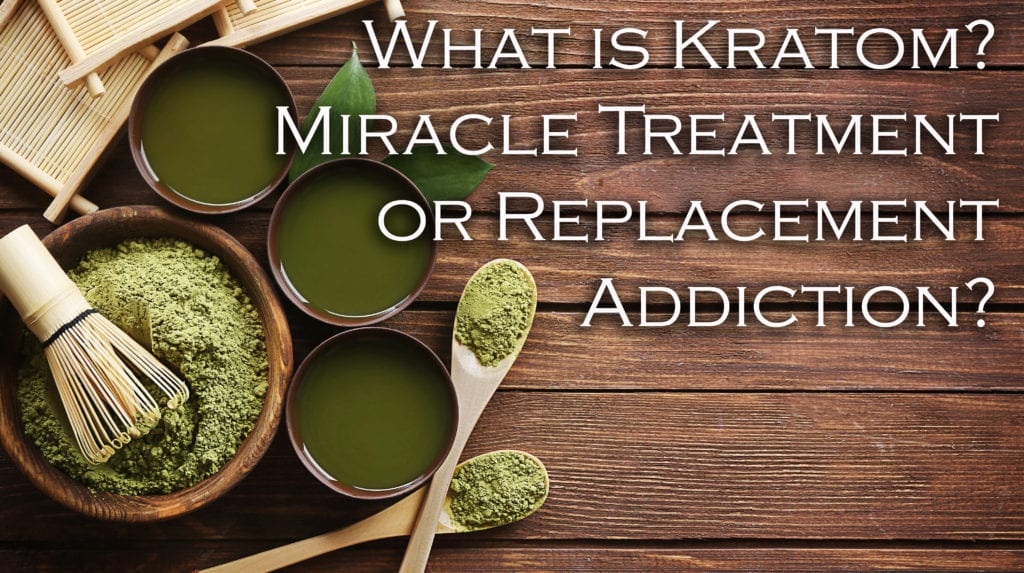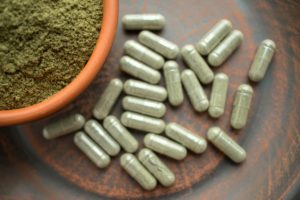If you stop a recovering addict on the street and ask them how they did it, how they were able to leave their addiction behind and begin the life-long journey of sobriety, it is guaranteed that at least 9 out of 10 will tell you that they couldn’t do it without the help of God. Regardless of how they became sober to begin with, whether it is being jailed or experiencing and overdose, the majority of recovering addicts would never have been able to stay clean and sober without a firm belief in God.

Reasons why so many recovering addicts believe in God
- Gives you a sense of Purpose- Almost all human beings search for a purpose in life, which is why religion is so important to the majority of the population in the world, regardless of what they believe. A lot of people who develop an addiction to drugs or alcohol will tell you that they lost their sense of purpose in this world and that is one of the reasons why they turned to drugs in the first place. When people in recovery begin to develop their relationship with God, it restores their sense of purpose which gives them a reason to stay sober.
- Helps you feel like you are making a contribution- One of the most common teachings of Christianity is to help others, and research has shown that when helping others it actually makes us feel better about ourselves. When a recovering addict is able to help another addict on their journey to sobriety through the teachings of Jesus Christ and the word of God, they are able to feel better about themselves. Low self-esteem is a common factor for reasons why someone may have begun using drugs in the first place.
- Helps bring mindfulness to your recovery- Being mindful and practicing meditation is also a fundamental aspect of practicing Christianity and believing in God. These have long been shown to increase success in sobriety. Meditation relieves things like stress, muscle tension, decreases reactions in the nervous system, and reduces heart rate and blood pressure. A lot of these feelings are known to be triggers, or things that make a person in recovery want to use drugs or alcohol again.
- Connects you to something bigger than yourself- Having a belief in a higher power, or something that is bigger than yourself is the one of the first major steps on the road to recovery. This allows a recovering addict to feel as though they are not alone, whereas many before felt that they were. Many people will isolate when they are in an active addiction, causing them to withdraw even further. However, through their belief in God they know that He is always with them, no matter what.
- Increases personal accountability- A lot of times when a person is active in the throws of addiction, they blame everyone and everything for all of the things that go wrong in their lives, even though it is because of their addiction. By establishing a belief in God and building that relationship, recovering addicts have a greater sense of morality and are aware of their higher authority. This helps to keep them honest with themselves and others for their own personal actions and accountability.

These are just a few of the reasons why so many recovering addicts believe in God. If you have ever attended a 12-step program like Narcotics Anonymous (NA) or Alcoholics Anonymous (AA) then you know just how important having a belief in a higher power is. Although, there are few in these programs who choose to believe in a higher power that is not God and that is ok too, whatever works for you.
If you believe yourself or a loved one are struggling with an addiction, and are wondering how to get help, then we are here for you!







